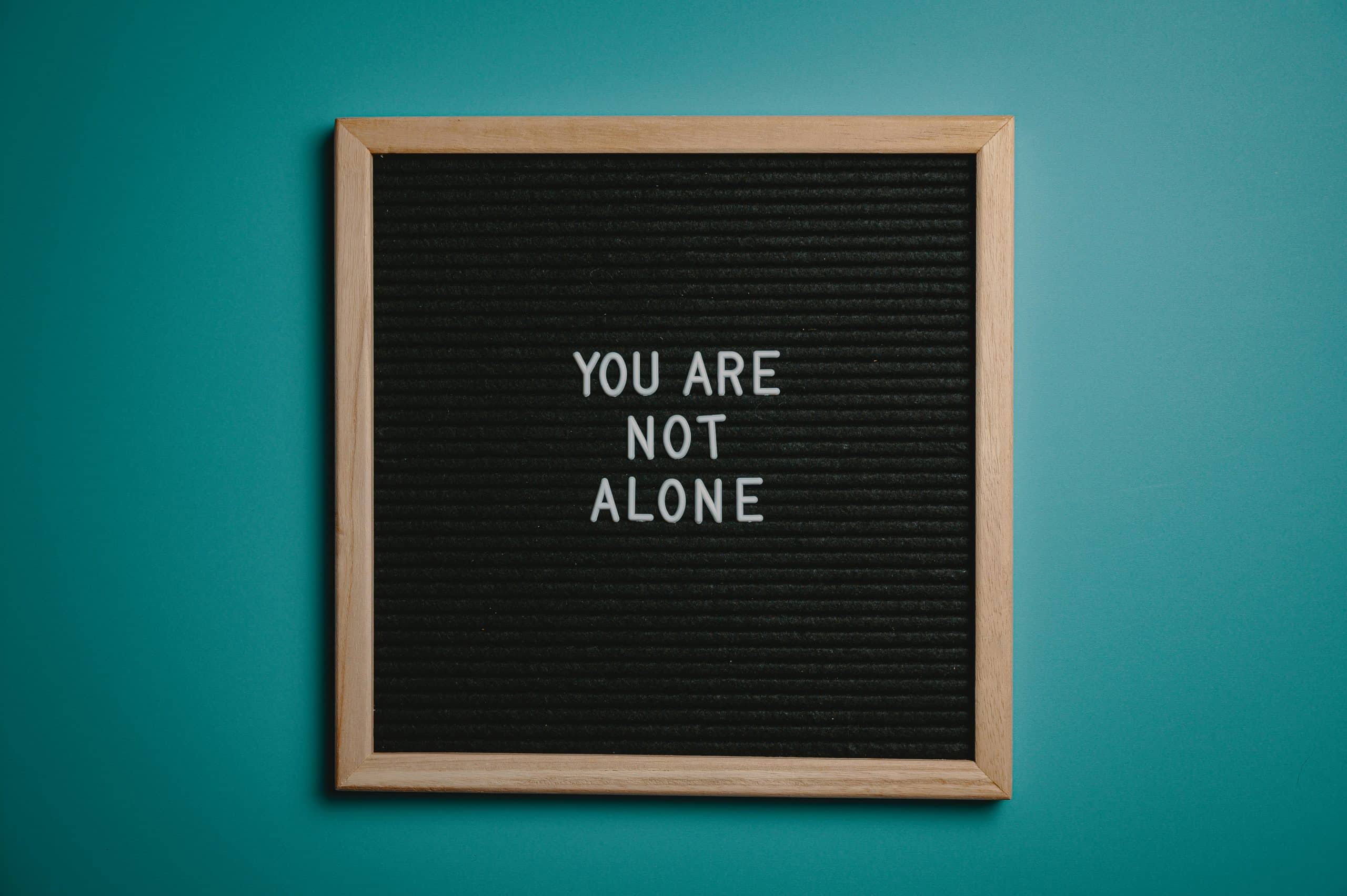May is Mental Health Awareness Month, a time to bring attention to the importance of mental well-being and reduce the stigma that surrounds mental health struggles. While it’s always essential to prioritize our mental health, this month gives us an opportunity to reflect on the tools and resources available to us and share our stories.
Understanding Mental Health
Mental health is just as crucial as physical health. It impacts how we think, feel, and act, influencing how we handle stress, relate to others, and make decisions. Mental health affects people of all ages, and mental health struggles are more common than we might realize. One in five adults in the U.S. experiences mental illness each year, and many others experience challenges such as stress, anxiety, or depression.
Breaking the Stigma
One of the biggest barriers to seeking help is the stigma around mental health. For years, society has treated mental illness as something to hide or be ashamed of. However, this mindset is gradually changing. Mental Health Awareness Month provides a chance for individuals, organizations, and communities to promote understanding, reduce stigma, and encourage people to reach out for the help and support they deserve.
Why Mental Health Matters
Good mental health allows us to cope with the normal stresses of life, work productively, and make meaningful contributions to our community. When our mental health is compromised, it can affect every aspect of our life, including our relationships, career, and overall well-being. But just like physical health, mental health can be nurtured and maintained.
Supporting Your Mental Health
There are many ways to support your mental health on a daily basis:
- Practice Self-Care: Taking care of your physical and emotional needs is vital. Whether it’s getting enough sleep, eating nutritious meals, or engaging in activities you enjoy, self-care plays a key role in maintaining mental health.
- Reach Out for Support: It’s okay to ask for help when you need it. Talking to a therapist, counselor, or trusted friend can provide emotional support and valuable perspectives.
- Stay Active: Regular exercise can help boost your mood and reduce stress. Even simple activities like walking or stretching can make a big difference.
- Stay Connected: Social support is crucial for mental well-being. Spending time with family, friends, and loved ones, or even joining a community group can combat loneliness and provide comfort.
- Practice Mindfulness and Relaxation: Techniques such as meditation, deep breathing, or journaling can help you manage stress and stay centered during challenging times.
- Know the Warning Signs: Understanding the early warning signs of mental health challenges is essential. If you or someone you know is experiencing significant changes in mood, behavior, or thought patterns, it’s important to seek help.
Resources and Support
There are numerous organizations and services available for anyone seeking help with their mental health. Whether it’s a therapist, support group, helpline, or self-help resource, getting the right support can make all the difference. National helplines like the National Suicide Prevention Lifeline (1-800-273-TALK) and Crisis Text Line (Text HOME to 741741) provide confidential, immediate support for anyone in need.
Final Thoughts
Mental Health Awareness Month serves as a reminder that mental health is just as important as physical health. By prioritizing our emotional well-being, reducing stigma, and seeking support when needed, we can foster a culture of understanding and healing. Let’s continue the conversation beyond May, taking the steps necessary to care for ourselves and each other.
Remember, asking for help is a sign of strength, not weakness. Let’s continue working toward a world where mental health is treated with the respect and care it deserves. 💚








